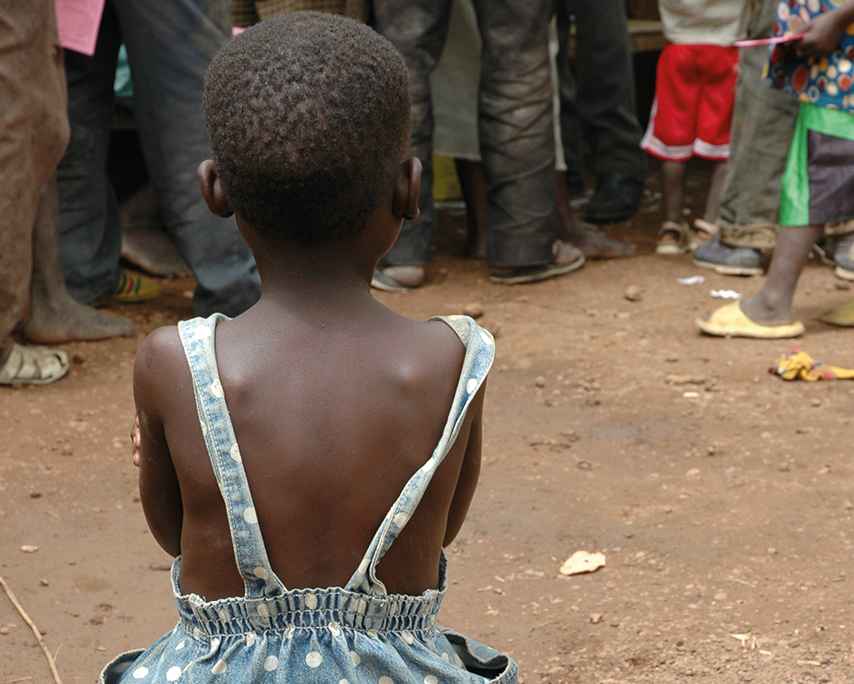International Day of Innocent Children Victims of Aggression
Our lack of courage is costing our children
There is no shortage of laws, policies, or international treaties prohibiting child labour across Africa. Most African governments have signed global conventions, such as the International Labour Organisation’s (ILO) Convention on the Worst Forms of Child Labour, and have enshrined similar protections in their national legal frameworks. On paper, the continent appears committed. However, on the ground, in the fields, the mines, the homes and informal markets, children are still working, often under exploitative, unsafe, and dignity-robbing conditions. The question to ask is, what is the use of these laws if they do not translate into real protection for the children they claim to defend?
This gap between policy and practice is not just a technical failure. We have not only failed to act due to logistical challenges but also due to a moral failure. Despite knowing the consequences and having the means to prevent harm, we have turned our backs on this injustice.
Why this gap persists
First, many policies are signed for appearances rather than transformation. African countries often ratify international agreements as a diplomatic formality to unlock aid, improve their global image, or fulfil donor reporting requirements. However, without investment in enforcement mechanisms, these laws are dead on arrival.
Second, poverty continues to drive families to push children into work. In contexts where adults are unemployed, and public education is underfunded or inaccessible, work becomes the default path for survival. You cannot outlaw child labour without addressing the economic desperation that makes it necessary.
Third, weak institutions mean that labour inspectors are few, under-trained, and ill-equipped. Corruption also plays a role, as some officials collude with industries that profit from cheap, informal labour, including the labour of children.
Fourth, in many communities, child work is culturally accepted, if not expected. Helping in the family business or on the farm is often seen as preparation for adulthood. However, there is a line between contribution and exploitation. The challenge is that laws alone cannot shift cultural norms. That takes time, dialogue, and grassroots engagement.
Although most of the gaps persist due to problems of execution and capacity, there is a case of neglecting our ethical duty to protect those who cannot defend themselves. The moral failure is deeper because it extends beyond capacity issues and touches the very core of character, leadership, and societal values. It is not about knowing but about not caring enough to act.
This includes child neglect. In many communities, neglect is often not recognised as a form of harm. When children are expected to fend for themselves from a young age, especially in informal economies, it becomes normalised. Yet the absence of protection is itself a form of exploitation, especially when it leads to labour that risks their development and well-being.
If African countries are serious about ending child labour, then laws must stop being public relations tools and become instruments of change. Declarations in Geneva or Addis Ababa mean nothing if they do not protect the girl missing school to hawk in the streets just to feed her family or the boy toiling in a dangerous mine. Laws must not live only in reports. They must live in markets, schools, homes, and farms. They must walk with the children they are meant to serve.



